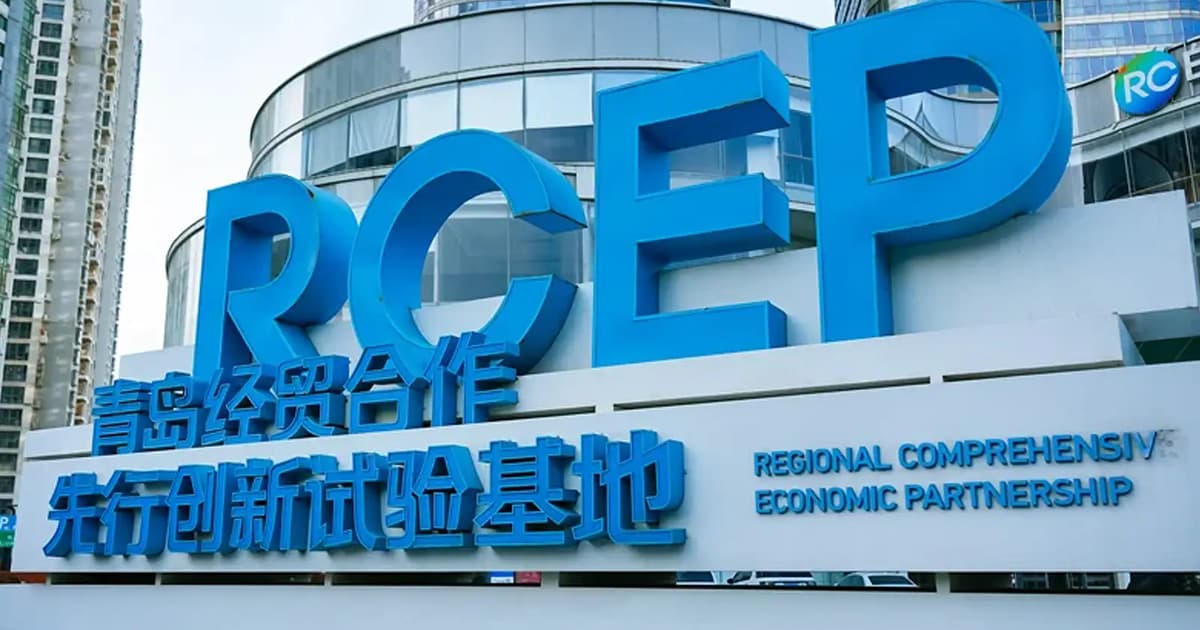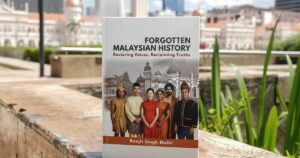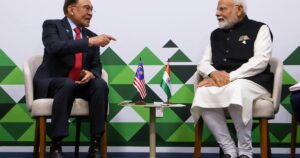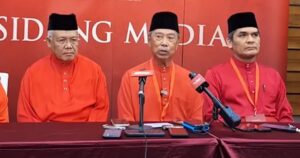
Prime Minister Anwar Ibrahim said today Malaysia will convene a Regional Comprehensive Economic Partnership (RCEP) summit in October to reaffirm Asia’s commitment to openness.
“The aim is to take stock, accelerate implementation, and demonstrate that Asia can still lead the cause of openness even as others turn inwards,” he said at the Kuala Lumpur Roundtable on Asia-Pacific Regional Cooperation of the Boao Forum for Asia.
Anwar also noted that Asean and China had concluded negotiations this year for the Asean-China Free Trade Area 3.0, which will be presented to leaders in October.
“It now embraces the digital economy, green growth, supply-chain connectivity, technical standards and support for small and medium-sized enterprises,” he said.
He said the upgraded pact reflects the new reality that prosperity today is “shaped not only by fair trade, but also by data flows, digital platforms and sustainable energy transitions”.
“For Asean, this free trade agreement demonstrates that engagement with China can be rules-based, inclusive and future-oriented,” he said.
At the same time, the broader regional framework should not be overlooked.
“The RCEP remains the largest free trade agreement in the world, covering 30% of global GDP. But the RCEP must not remain a legal text on paper. It must be renewed with political energy,” he said.
In January, investment, trade and industry minister Tengku Zafrul Aziz said Malaysia will focus on leveraging the RCEP as the 2025 Asean chair.
He said fully implementing the world’s largest trade agreement could position Asean as a hub for regional growth.
The RCEP involves 15 countries, including Asean member countries Brunei, Cambodia, Indonesia, Laos, Malaysia, Myanmar, Philippines, Singapore, Thailand and Vietnam.
The other five are Australia, China, Japan, South Korea and New Zealand.






